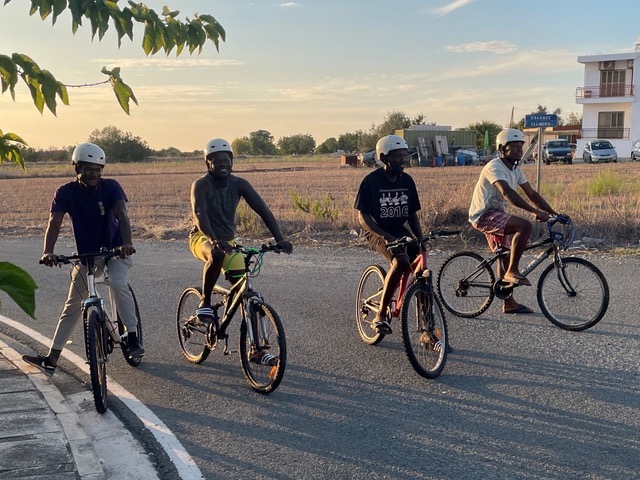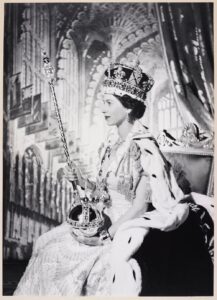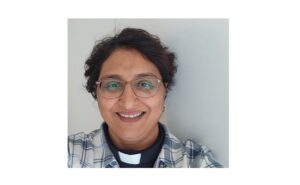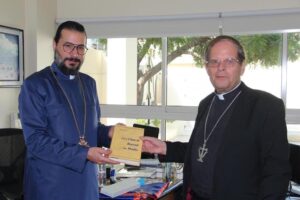Let us introduce Marie and Aaron, two young people seeking asylum in Cyprus. They have participated in the Paphos bike project, run by the Anglican Church in Paphos (ACP) in partnership with the Learning Refuge, a local voluntary association supporting migrants, refugees and asylum-seekers (MRAs).
Marie, a young single mother from Cameroon recalls how when she first came to Cyprus, she “almost had a breakdown”. The cost of living was so high, which she hadn’t expected. She felt suddenly so alone, without her large and supportive family.
Twenty-one-year-old Aaron came to Paphos from Liberia almost two years ago, via the Pournara refugee camp near Nicosia. He speaks of how, before the project, he spent “every day looking for food, looking for work and looking for any way to get money to pay the rent.”
But now life has changed for Marie, Aaron and 36 other MRAs in Paphos, as a result of this project, which was funded by the Episcopal Church of the United States in Europe’s Convocation Refugee Grant Programme.
Thirty-eight adult MRAs, many of whom are socially or geographically isolated, were each given a refurbished bike suitable to their height and gender, together with essential safety and maintenance equipment (sourced via a local bike supplier). This followed completion of informal training in road safety and bike maintenance, tailored to their prior cycling experience and language needs.
All but one of the participants are now safely mobile (with one continuing to receive cycling practice to develop her confidence further). And all 37, through observation and/or self-reporting are known to be benefitting in at least one of the following ways: free transport to local amenities; self-confidence and a sense of empowerment; social relationships; physical health; education; employability. At least eight are known to have obtained employment during the programme, and all 17 ACP participants now have jobs. And it’s estimated that a further 130 MRAs (participants’ family/household members) are also benefitting indirectly.
As Aaron explains: “Having a bike has made a massive difference to my life and to the lives of the others who have been given bikes. I have now found a good job about seven miles away. I work regular hours and it now takes me only around 15 minutes to cycle to work—downhill, 45 minutes to cycle home!”
The project further offered participants the opportunity to become ‘bike buddies’ for one or more peers, which involved committing to supporting them for at least four weeks following their training. This was an opportunity taken up enthusiastically by five participants, including Aaron and Marie—with Marie and two other MRAs also helping as assistant trainers. Marie spoke eloquently of how she loved helping in both these roles. Her growth in self-confidence through sharing her time and knowledge with others has been heart-warming to see.
And the programme has impacted on project team members too.
One member of ACP’s congregation noted, “We were particularly struck by how something so small as giving someone a bike has such a huge effect on their lives as they are then able to do things that we take for granted.”
“…and by how strong is the Christian faith of many of the asylum-seekers,” said another member of the congregation. “It is inspirational to us all.”
For further information about the bike project, please contact Diocesan Social Concern Officer the Revd Anne Futcher or ACP Parish Priest the Revd Ken Waters






